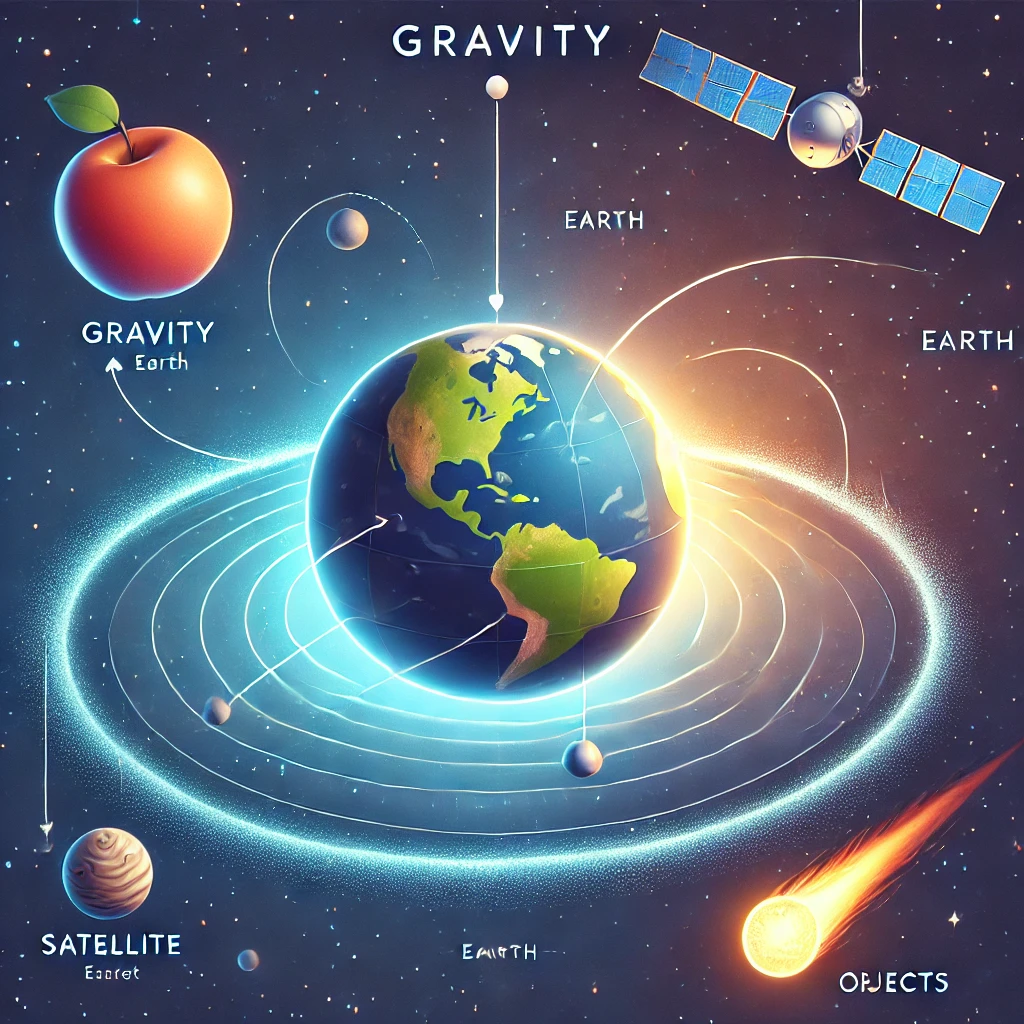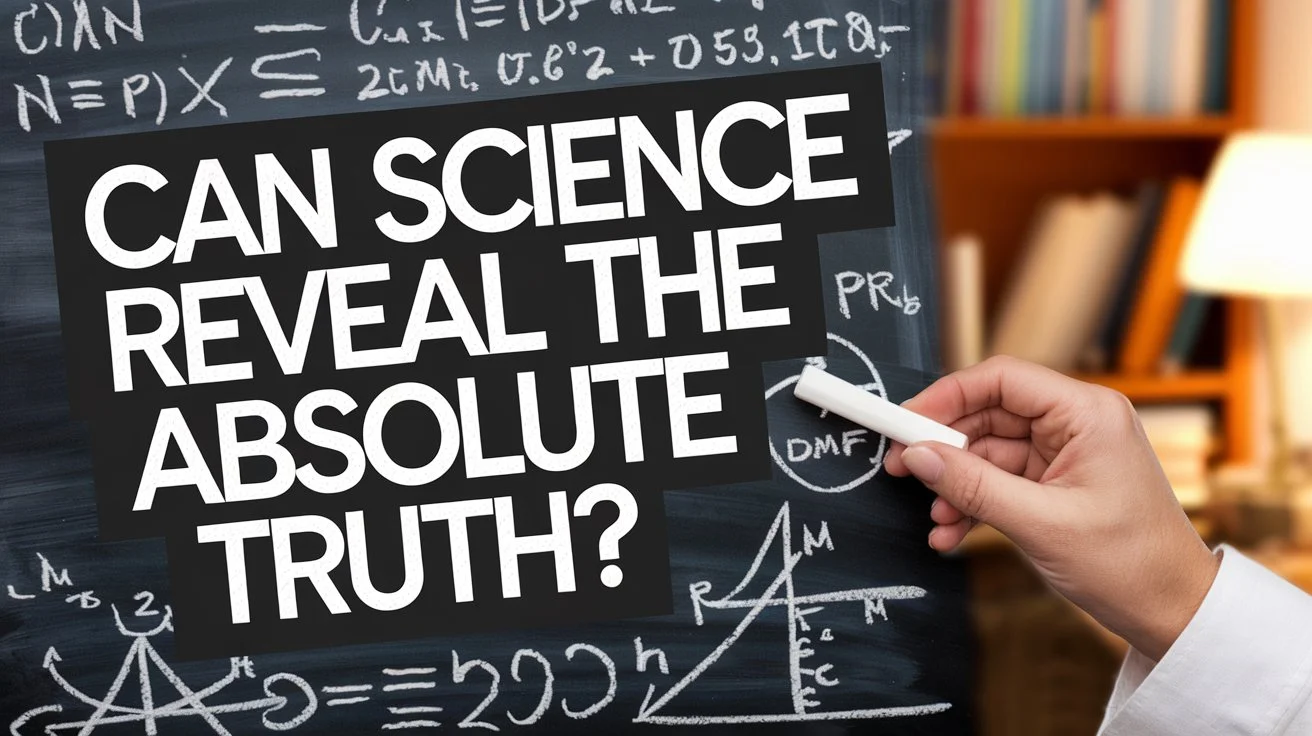Defining “truth” is a complex task that varies depending on context. Science offers what may be called “functional truth” by emphasizing how things function as opposed to their fundamental nature. For example, even though we can precisely anticipate how gravity acts, we still don’t fully understand what gravity is, and that may change in the future. This suggests that scientific truths are not absolute, but rather provisional, built upon evidence and consensus. Unlike belief-based truths, scientific truths rely on factual verification.
Truth itself is not always easy to define, and perspectives on truth often differ between individuals and cultures. For instance, what one society deems morally correct may be opposed by another, whether it relates to issues like the death penalty or environmental ethics. In human interactions, truth can be clouded, especially in an era filled with misinformation, leading to fear and uncertainty. It is crucial to question proclamations of “absolute truths,” even in science.
Ideally, science seeks to describe the natural world without the influence of human values or beliefs. Nature doesn’t operate on moral principles, and science’s aim is to present the most accurate picture of reality. However, it’s important to recognize that science itself is not free from limitations or biases. While scientific theories are tested and supported by evidence, they remain subject to revision as new data emerges.

What is Gravity?
Take gravity, for example. While we can measure its effects—like predicting when a falling object will hit the ground—we don’t fully grasp what gravity “is.” Our understanding of it has shifted over time, from Galileo’s description of free-fall to Newton’s laws of motion and Einstein’s theory of spacetime curvature. Yet even Einstein’s theory may not be the final explanation.
Science continuously revises its conclusions based on new evidence. While functional truths work for practical purposes, science itself remains a dynamic field. As we deepen our understanding of the universe, our grasp of truth also evolves. Therefore, ultimate scientific truths should be viewed as ongoing explorations rather than final declarations.
Q: What does science mean by “functional truth”?
A: Functional truth refers to how science explains the way things work rather than what they fundamentally are. For example, we understand how gravity operates and can measure its effects, but we don’t fully know what gravity is at its core. Scientific truths are practical and based on consensus through evidence but can evolve as new discoveries are made.
Q: Can science provide absolute truths?
A: Science rarely provides absolute truths because its knowledge is always evolving. As new data emerges and theories are refined, scientific understanding can change. Science deals with provisional truths, which work effectively in practice but are open to revision with better evidence or understanding.
Q: How does scientific truth differ from belief-based truth?
A: Scientific truth is based on evidence, experiments, and peer consensus. It is tested and can be challenged with new data. In contrast, belief-based truths don’t require evidence and are often rooted in personal or cultural convictions. Scientific truths can change with new discoveries, while belief-based truths are often fixed.
Q: How does science avoid bias or human values?
A: Science aims to be objective by focusing on factual evidence and reproducible experiments, avoiding the influence of human values or moral systems. While this is the goal, science is still a human endeavor and can be influenced by biases. However, the peer-review process and continuous testing help minimize these influences.
Q: Is gravity fully understood by science?
A: While we can measure and predict how gravity works—such as calculating the fall of an object—scientists still don’t fully understand what gravity is. Our understanding of gravity has evolved, from Galileo’s observations to Newton’s laws and Einstein’s theory of general relativity, but there’s still more to learn.
Q: Why can’t we trust proclamations of absolute truth in science?
A: Science is built on continuous inquiry and evidence. As we develop better tools and deeper understanding, previous conclusions may be adjusted or even overturned. Proclaiming an absolute truth goes against the dynamic nature of scientific exploration, which thrives on questioning and refining what we know.
Q: What role does consensus play in scientific truth?
A: Consensus is crucial in science because it reflects a collective agreement among scientists based on shared evidence and reproducible results. However, consensus can change over time as new data becomes available, leading to revisions in scientific theories and understandings.
